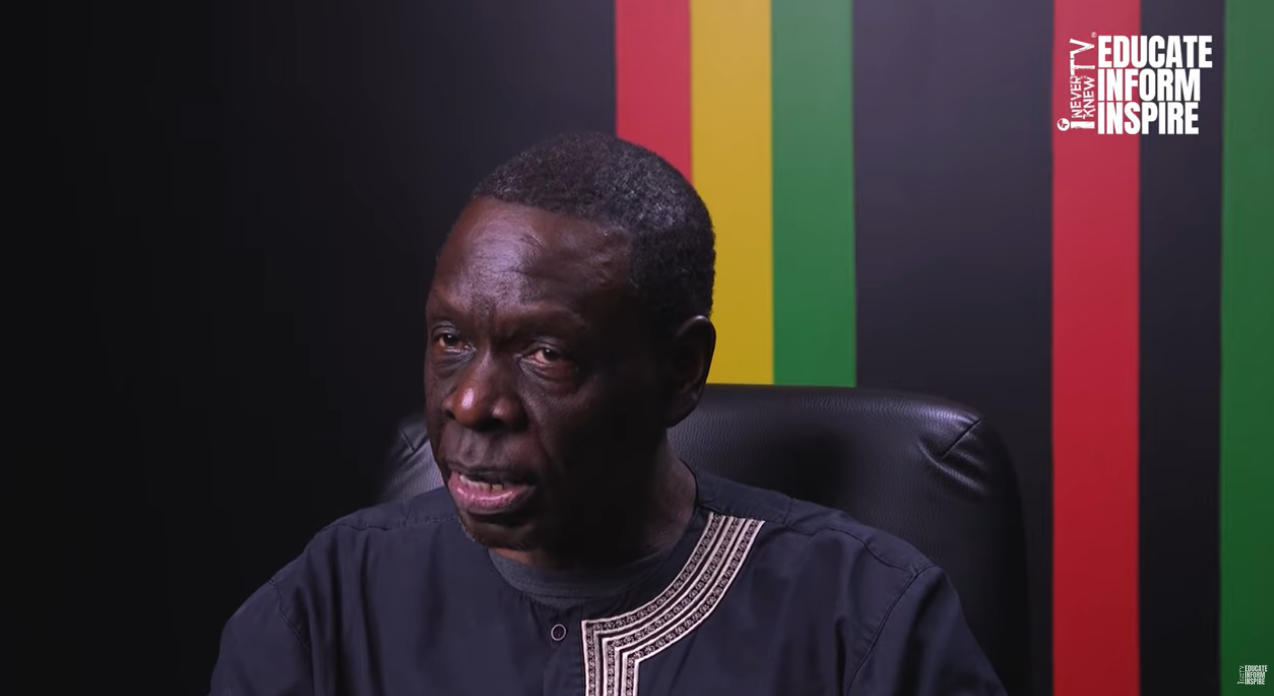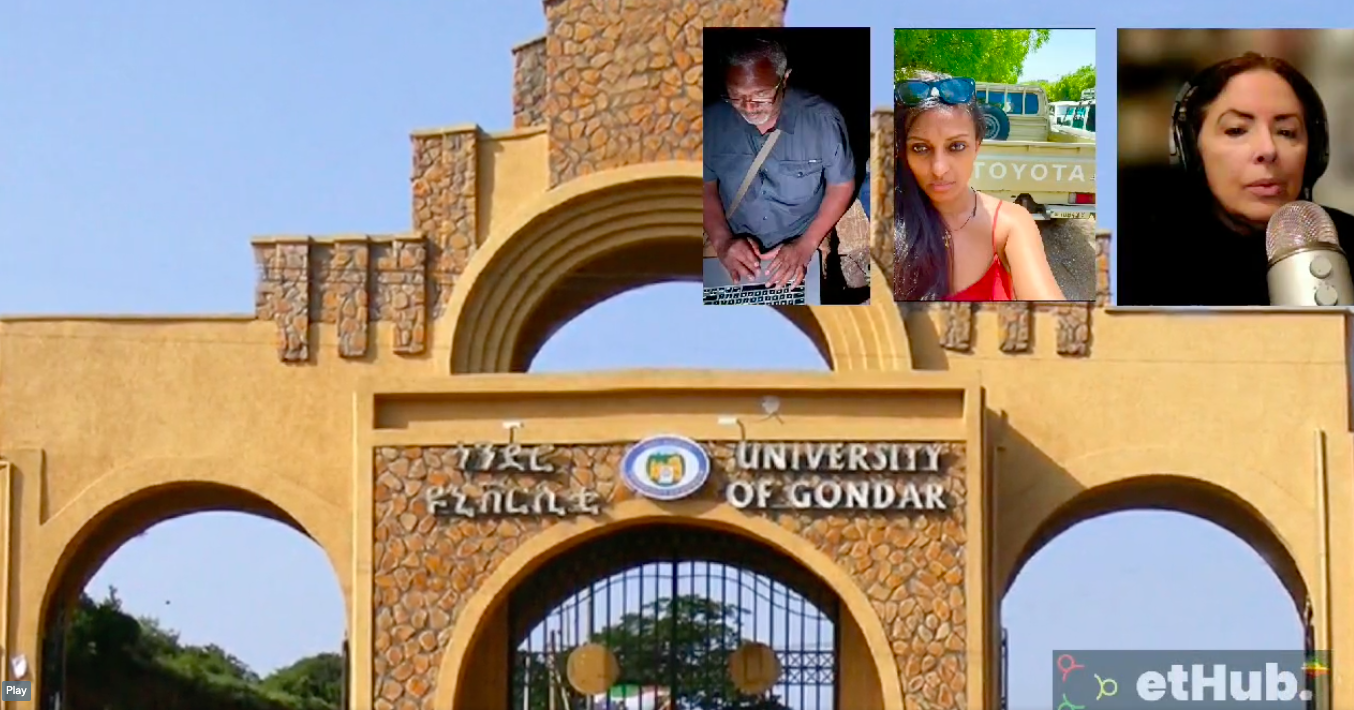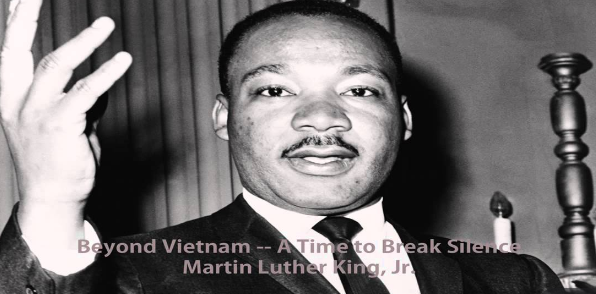Today sisters and Brothers I want to speak briefly on the revelation in the CNN video of the Slave auctions in Libya. The auctioning of enslaved Africans in this the 21st century, in Africa.
But people that followed the Libyan war –the NATO war on Libya, in 2011, should not be very shocked about these revelations as to what is going on in Libya today. We at The Black Star News wrote dozens and dozens of editorials very critical at that time to the ethnic targeting of Black people in Libya by the rebels supported by NATO.
We wrote at least 50 or more editorials [about the war]. We thought it was very important for people to know about what was going on. Many of the major corporate media ignored those targeted atrocities and I’ll tell you why. I believe they knew that if people in the United States, decent people, in France, in Britain, in Italy, the primary countries that were supporting the NATO war on Libya, had they known of the atrocities, specifically being meted to Black people they might have started asking questions — why are we supporting these types of insurgents that are committing ethnic cleansing? I must say, to its credit, The Wall Street Journal wrote a number of very critical articles. The reporter’s name is Sam Dagher, I think it’s D-a-g-h-e-r and I strongly recommend that people Google and look up the articles that he wrote specially about the targeting of the city of Tawergha. I believe it’s spelled T-a-w-e-r-g-h-a. That was a city that was populated primarily by Black Libyans, the population about 40,000. Sam Dagher wrote an article about that city and how it was completely depopulated of its population of Black Libyans and then when the buildings were burned down, the insurgents would write words such as ‘Slaves’ on those buildings. (Almost eight years after the Libya war the surviving residents of Tawargha live in refugee camps in Libya, barred from returning to their city).
In fact according to one of Sam Dagher’s articles, one of the brigades was named ‘The Brigade for Purging Slaves, Black Skin.’ That was the name of the brigade that was targeting Black people in Libya. So, how can it be shocking that today we are hearing of the Slave auctions going on in Libya? There was a scheme to suppress this kind of information from the general broader public and I’ll give you a specific example from the challenges that we encountered as well.
We wrote an editorial and we published on the website on September 4th, 2011 and the headline was ‘New York Times Reports on Libyan Ethnic Cleansing of Black People Months Later.’ Because that was in September. The Wall Street Journal had been writing about this ethnic targeting of Black people as early as June, June 2011.
So we raised the questions in our editorial. Why was a major newspaper like the Times writing about this issue so late? Might it be because the paper had made up its mind to be one-sided in its support of the rebels and it thought that perhaps had the paper started exposing these types of racist atrocities being committed by the rebels it might have undermined their credibility — the credibility of the rebels and support for their insurgency?
That’s a legitimate question that perhaps The Times still needs to answer. Anyway I bring this issue up to then tell you what happened; after we published this editorial on September 4th, 2011, we could not access our website for at least three days and we called our hosting company Network Solutions and we were told that it was a technical problem.
After the third day, I told the folks at Network Solutions that I didn’t believe them. I said I did not believe that of all the hundreds and hundreds of websites that they host that all those websites could not access their websites for three days as well. Well, lo and behold, a few hours later our website was back on. I was very perplexed. What was really going on? Then when I looked at the website and started going through the articles, I realized that the editorial that I just mentioned had been deleted — the one about The New York Times writing about the atrocities [three] months later.
In that same editorial we had urged people to call the editorial page of The New York Times and ask them why they weren’t covering this atrocity. We also urged people to call the Urban League, the NAACP, the White House, the State Department and to raise these questions — why were these horrific atrocities, the ethnic targeting of Black people in Libya, which qualifies actually as crimes against humanity, being ignored by the major media?
Well anyway, what we did was that we wrote that editorial again; actually, fortunately other websites had also already published that editorial so we reposted that same editorial again on our website, with another editorial and explained what had just occurred, and the new editorial had the headline ‘The Libya Editorial Someone Doesn’t Want You to Read‘ and people can Google and they’ll find that editorial which we reposted. We reposted it on September [7th, 2011].
Now why do I bring all this all up? I bring this up because had these same countries, these major countries that supported the insurgency
condemned these ethnic targeting in Libya and taken some action against it at that time, and not encouraged the horrific activity by not saying anything about it, we might not be witnessing what we are witnessing today in Libya.
So, I urge, I urge, all my colleagues in journalism, don’t ignore a story perhaps because it suits the agenda of a government in place. Don’t. It’s your responsibility to Speak Truth To Power — and had all the major media outlets done that, in 2011, as at least The Wall Street Journal did, we might have avoided what we are seeing today in Libya.








